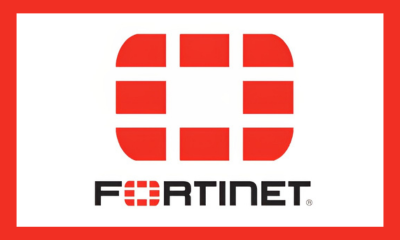SSL VPN (Secure Socket Layer Virtual Private Network) in Fortinet Security is a secure remote access solution that allows users to securely connect to a private network over the internet using the SSL/TLS protocol.
With Fortinet's SSL VPN, authorized users can establish encrypted connections to access resources, applications, and services within the private network, regardless of their physical location. The SSL VPN client software, installed on the user's device, provides a secure tunnel through which data is transmitted between the user and the network.
Fortinet's SSL VPN offers several key features, including strong encryption, authentication mechanisms, and granular access controls. It ensures that data transmitted between the user and the network is encrypted and protected from unauthorized access. Authentication methods, such as username/password, two-factor authentication, or client certificate, verify the identity of the user before granting access to network resources.
SSL VPN also provides granular access controls, allowing administrators to define specific policies and permissions for different user groups or individuals. This enables organizations to enforce fine-grained access restrictions based on user roles, applications, or network segments, enhancing security and preventing unauthorized access to sensitive resources.
The SSL VPN solution by Fortinet is designed to be user-friendly and intuitive, providing a seamless and secure remote access experience for employees, partners, and contractors. It supports various client platforms, including Windows, macOS, iOS, and Android, ensuring compatibility and ease of use across different devices.
By utilizing Fortinet's SSL VPN, organizations can extend secure access to their private network resources to remote users, enabling them to work remotely while maintaining the confidentiality, integrity, and security of sensitive data. It helps organizations enhance productivity, facilitate collaboration, and ensure that remote users can securely access the resources they need to perform their tasks, regardless of their location.









_CC638199785119738536_.png)







